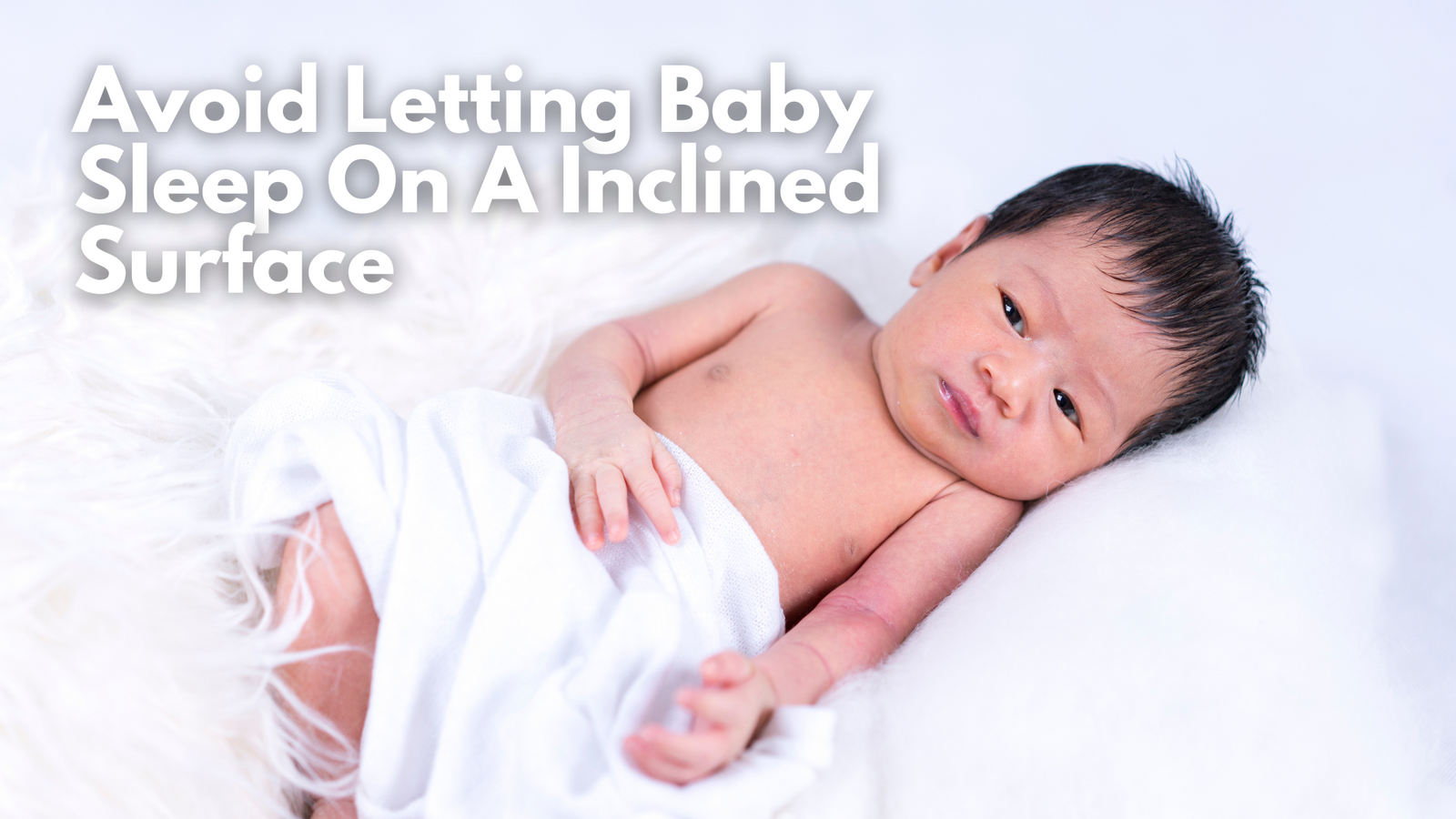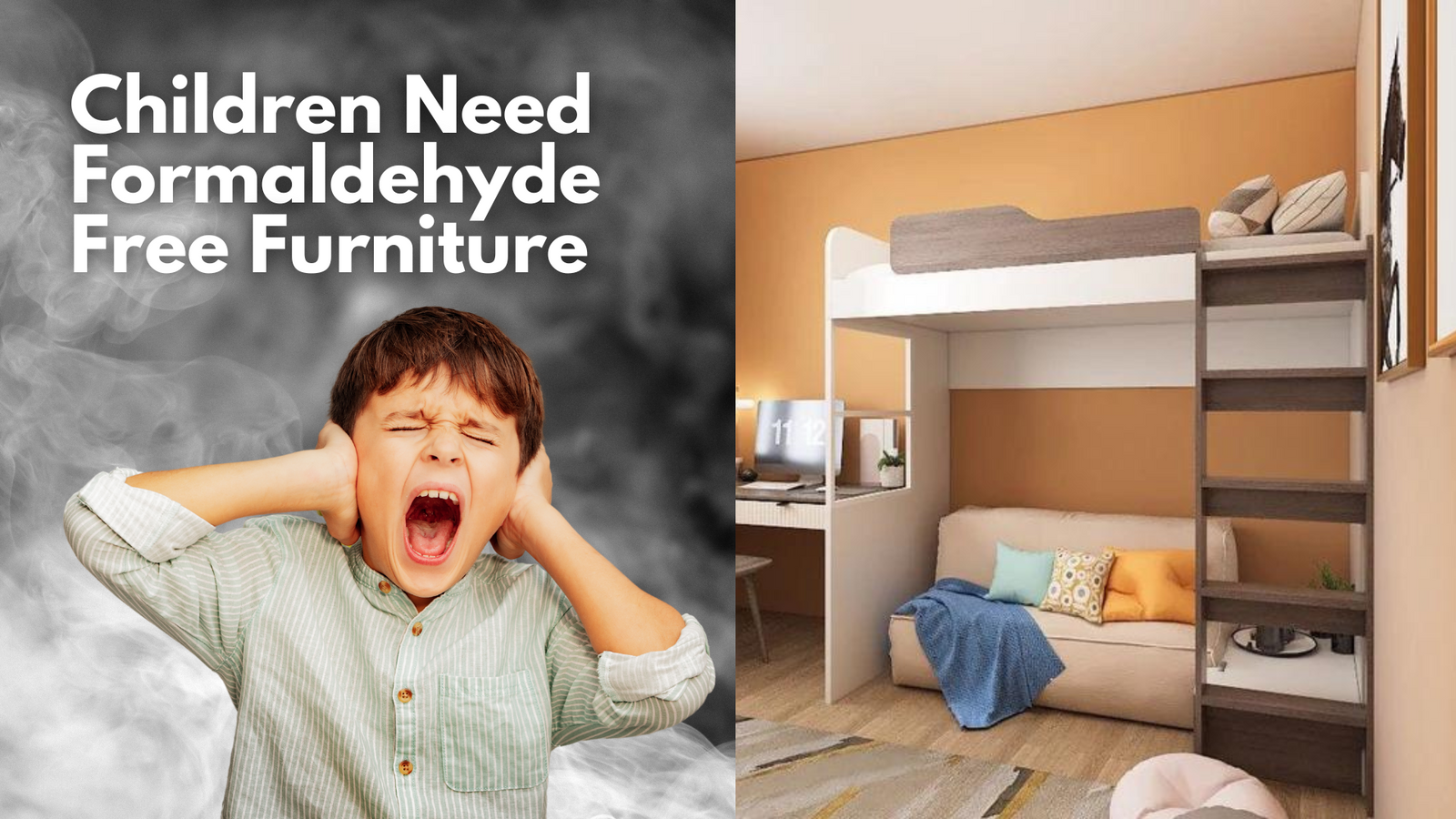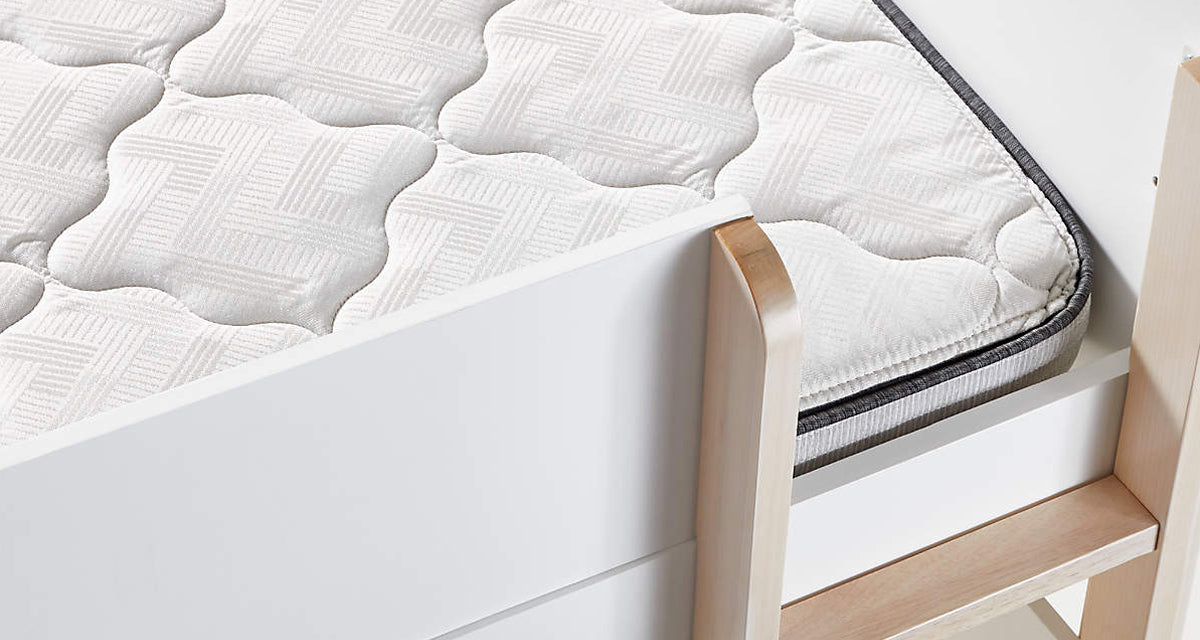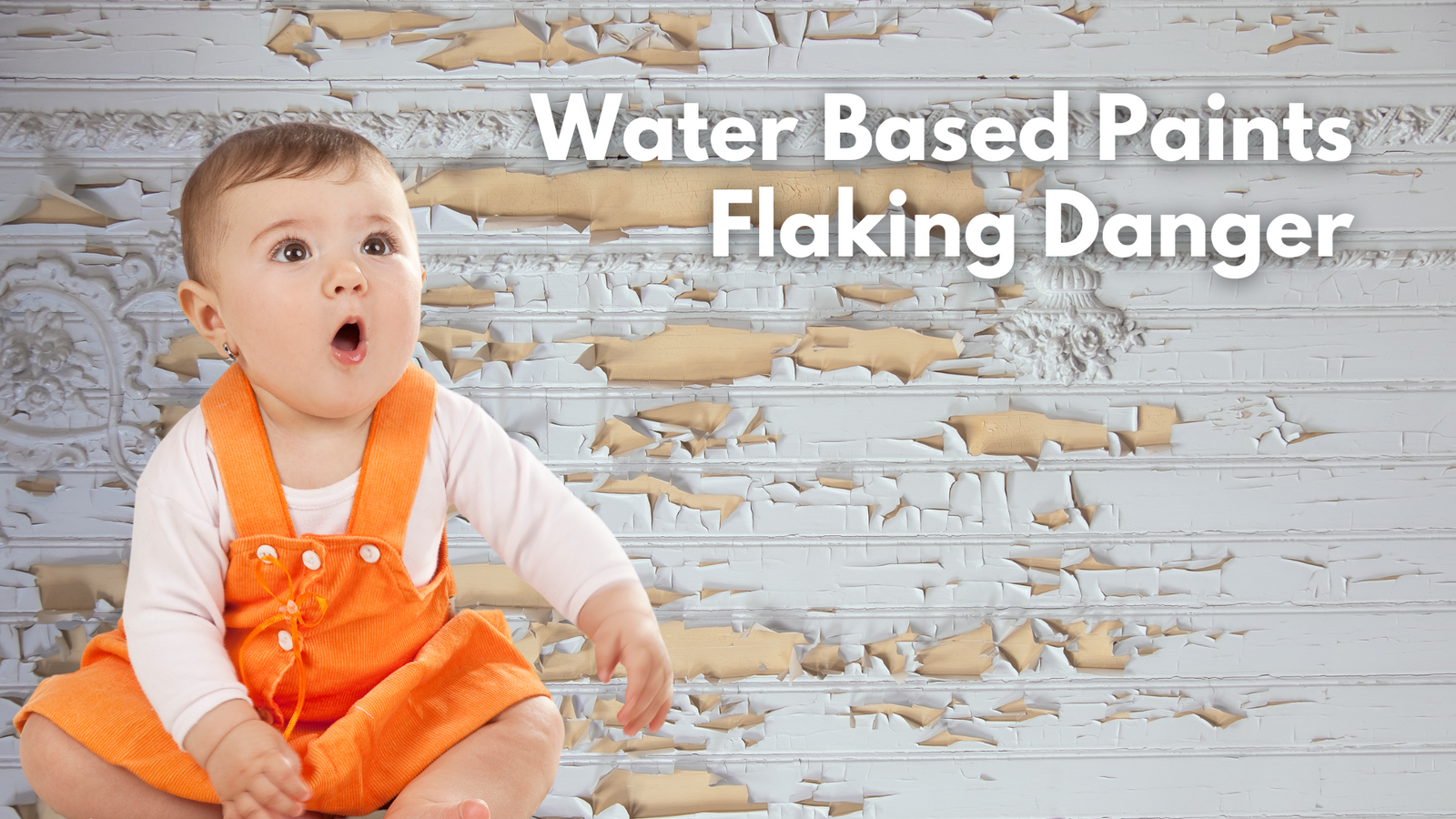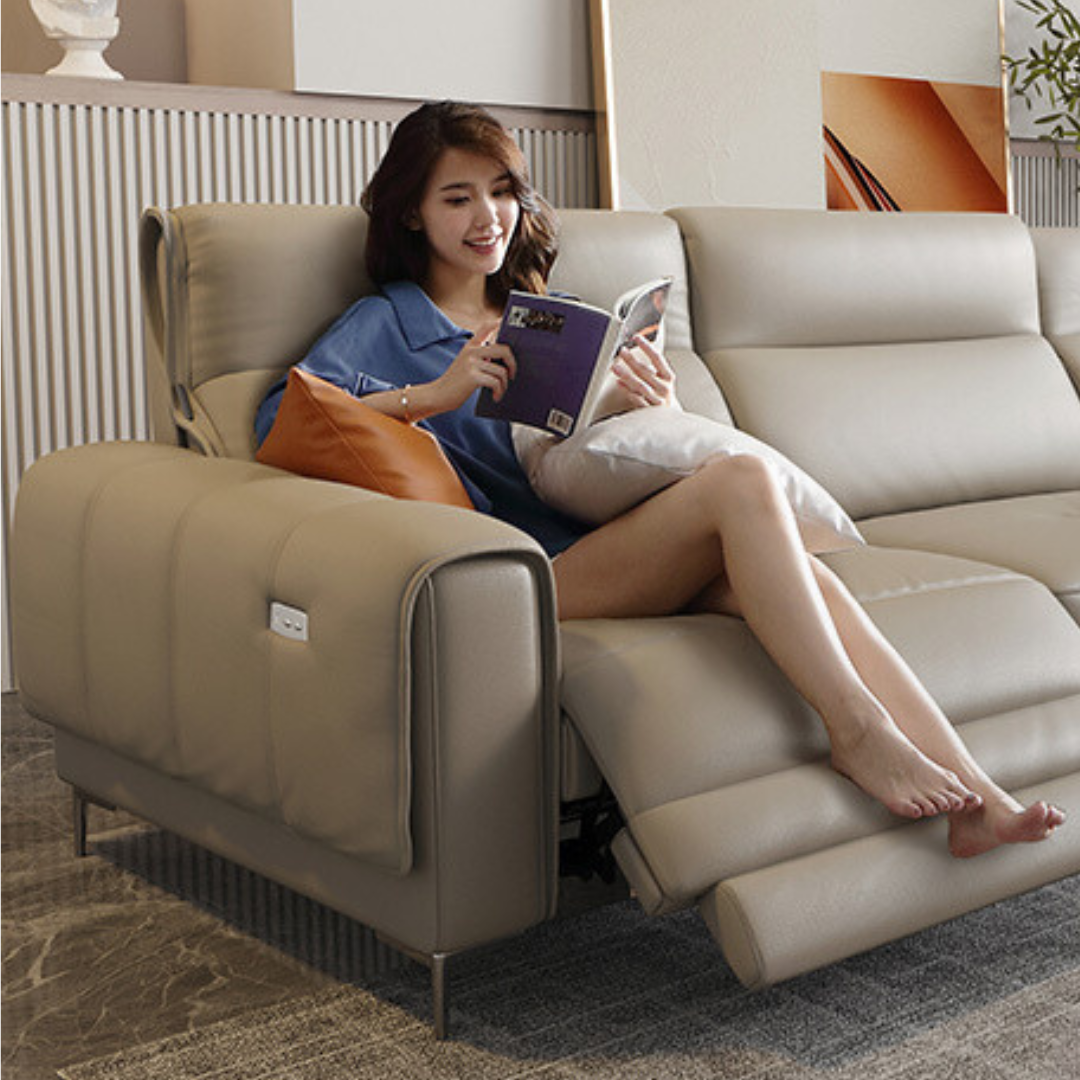Anti-colic baby cots, while marketed for reducing discomfort in infants, pose several safety concerns that parents should be aware of. These include non-compliance with established safety standards and potential risks associated with inclined sleeping surfaces.
1. Non-compliance with BS EN 716 Standards
Anti-colic cots often don't adhere to BS EN 716 safety standards, which are mandatory in Singapore. These regulations ensure that baby cots meet strict safety criteria, such as proper spacing of cot bars, the depth of the mattress base, and the overall structural integrity of the cot. When cots fail to meet these standards, they can expose infants to serious risks like entrapment or structural collapse.
2. Risk of Suffocation
One of the most significant dangers is suffocation. Anti-colic cots generally feature an inclined sleeping surface that can cause infants to roll into an awkward position. This incline increases the risk of suffocation because the baby may be unable to move their head or body freely, trapping them in a position where their airways are obstructed.
3. Increased SIDS Risk
Sudden Infant Death Syndrome (SIDS) is one of the most alarming risks. Inclined sleeping has been linked to a higher risk of SIDS because it does not allow the baby to lie flat on their back, which is the safest position for sleep. Sleeping on an incline can lead to poor posture, restricting breathing and increasing the risk of respiratory failure.
4. Potential for Sliding
The slope in an anti-colic cot can cause babies to slide downward. Even though it seems slight, this motion can cause them to become stuck in a position that puts pressure on their chest or face, further blocking airflow. In this scenario, the baby’s breathing can be impaired, creating an unsafe sleep environment.
5. Misleading Marketing
Manufacturers market these cots as helpful for reducing colic, but this claim can be misleading. Colic is usually a temporary issue, and there's no strong evidence that inclined sleeping resolves the discomfort associated with it. Parents might think they're investing in a solution for colic, but they could be placing their baby at risk of other severe health concerns, including suffocation.
6. Unsuitable for Newborns
Newborns have underdeveloped muscles and respiratory systems, making it crucial that they sleep in a flat, firm space. Anti-colic cots with an incline put unnecessary strain on these developing systems. Newborns may find it harder to breathe if their body weight presses down on their chest, especially when lying on an angled surface.
7. Compromised Stability
Anti-colic cots often feature multiple adjustment settings, which can compromise the cot’s stability. If a cot is adjusted improperly or not secured correctly, it could tip over. This instability can lead to accidents, especially if the cot is bumped by parents, siblings, or even pets.
8. Non-regulated Designs
Unlike standard cots that undergo rigorous testing and adhere to safety regulations, anti-colic cots are often sold without being fully vetted for safety. Parents might unknowingly buy a product that does not meet the necessary safety standards, exposing their child to unregulated materials or faulty design elements that pose serious risks.
9. False Sense of Security
The term "anti-colic" can give parents a false sense of security, making them believe that the cot is specially designed to address their baby's needs. However, the reality is that anti-colic cots have limited proven benefits. Parents may overlook safer, more regulated alternatives because they believe the cot will solve all their baby’s sleep or digestive issues.
10. Potential for Hazardous Materials
Some anti-colic cots may be manufactured using materials that have not been rigorously tested for safety. These materials could release harmful chemicals or contain small parts that could break off and become choking hazards. Parents should be cautious of cots that aren’t certified as free from harmful substances like formaldehyde or lead, which can be detrimental to a baby’s health.
Conclusion
While anti-colic baby cots may promise relief for babies suffering from digestive discomfort, they pose serious dangers. These include non-compliance with safety standards, suffocation risks, and an increased chance of SIDS. Parents should prioritize flat, firm sleeping surfaces that meet recognized safety guidelines and avoid products that claim to resolve colic through risky sleeping positions.

